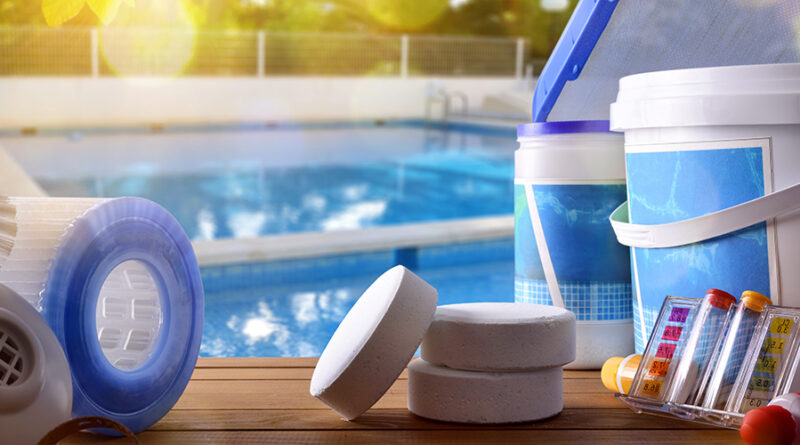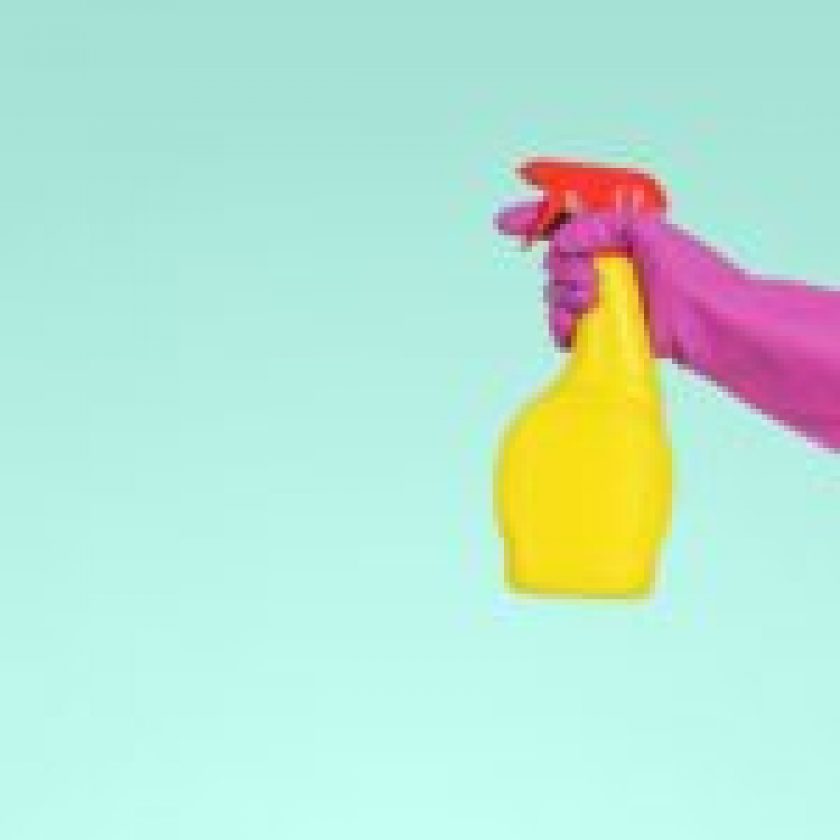When it comes to maintaining your pool, you have to be careful with the chemicals you use. Chemicals like chlorine and bromine are required to keep your pool disinfected, but they also have their own side effects. This article aims to find out more about these solutions and why they need to be treated with care.
If you’re unsure about what to do, then some of the essentials that you can start with are chlorine, shock, bromine, cyanuric acid, and many more. Check out the bulk pool chemicals in the link provided if this is your first time purchasing these. Having several items on hand will prevent you from making multiple trips to the shops, and the solutions are more accessible.
What Do You Need?
Chlorine
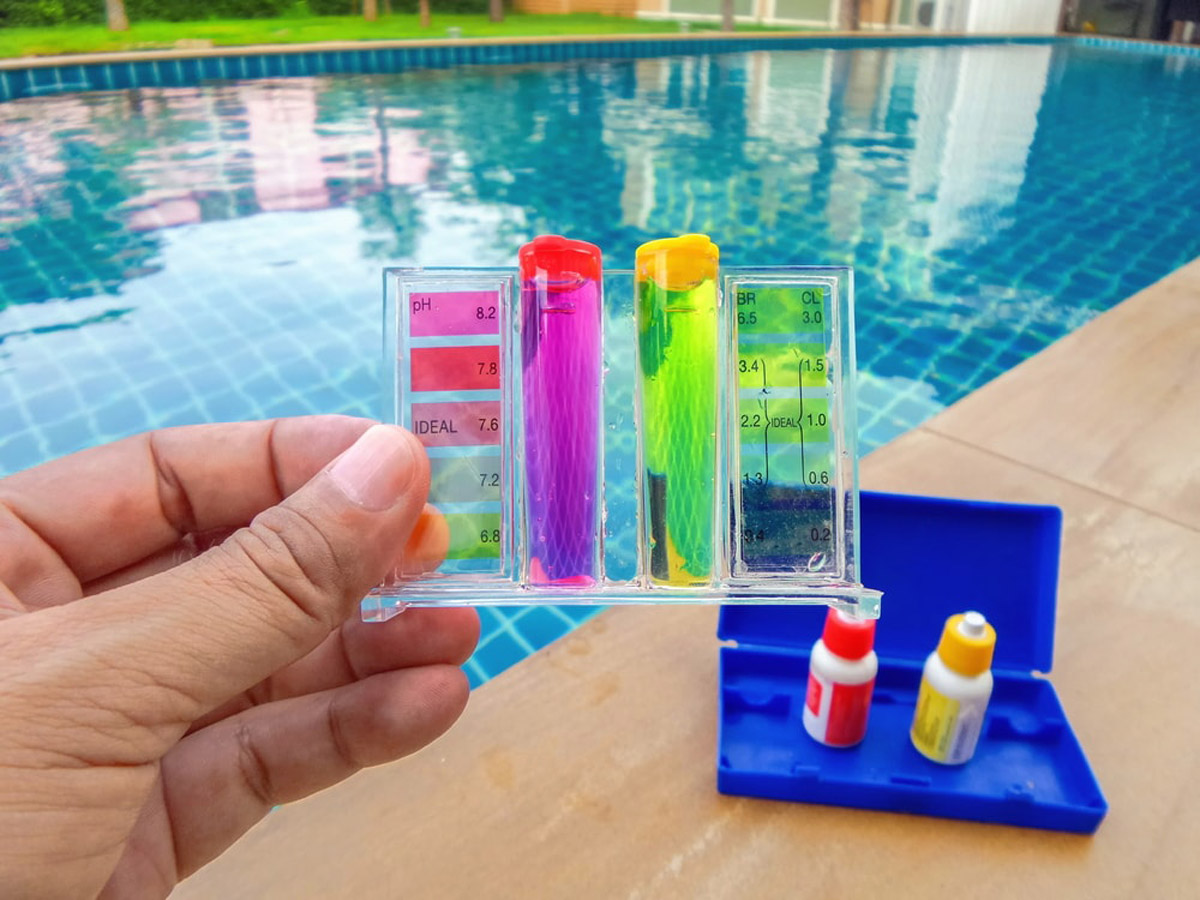
source: poolmagazine.com
One of the best and most well-known solutions out there is chlorine. This is essentially a sanitizer that kills bacteria and algae. It’s available for purchase in tablets, liquid, or powder forms. When the chlorine touches the water, it can break down the cellular walls of bacteria and forms of hydrochloric acid.
Some people are talking about the pool smell typical in many resorts and may be referring to chlorine. Actually, lack of chlorine is what’s causing the smell to emanate, and the odor can be organic matter like bacteria, body oils, and other by-products that require more chlorine to be removed.
Shocks
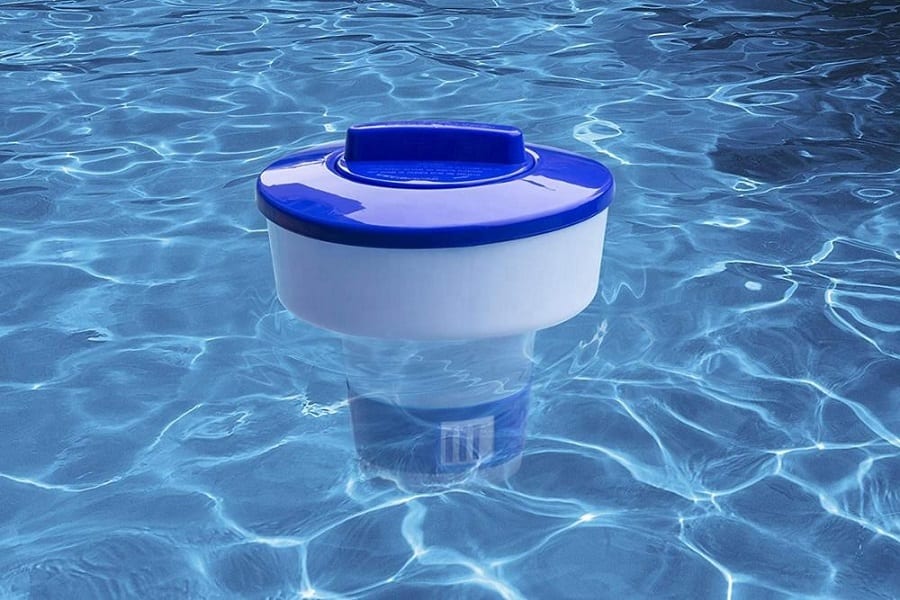
source: swimminginsider.com
The shocking method is the oxidizing or unbinding of the chloramines from the water. This is done by increasing the dosage of sodium monopersulfate or chlorine in the water. When this is added to your swimming pool, it will trigger a process known as super chlorination, which essentially kills bacteria and viruses.
Shock powders may be sold separately, and they are applied about once every two weeks, depending on how you frequently use the pools. The shocks are also effective when you want to get rid of massive amounts of chloramine for a faster amount of time. It’s possible to neutralize some powder with thiosulfate for cleaner water.
Bromine
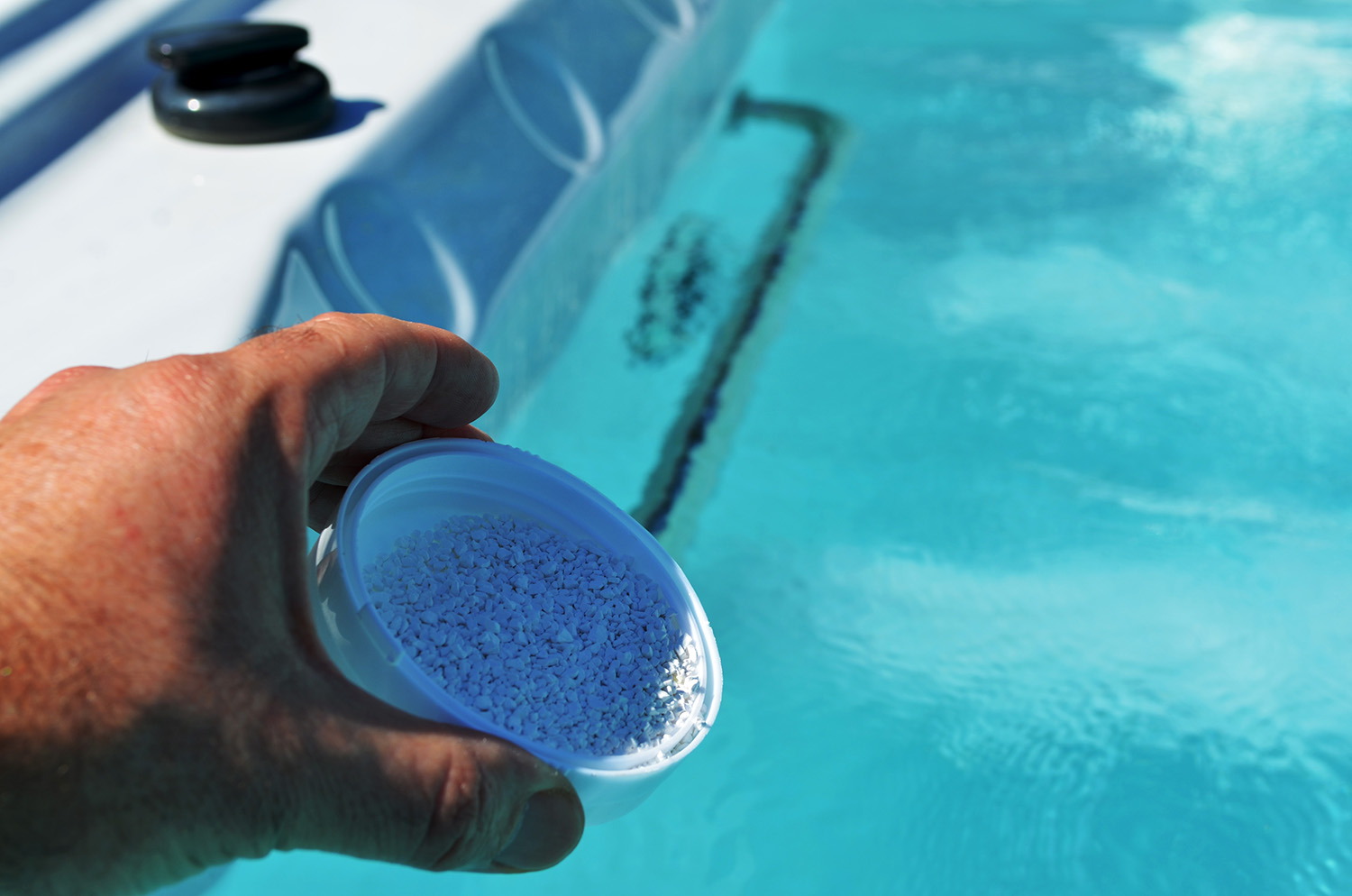
source: pinterest.com
Bromine can be an alternative to chlorine, generally used in tropical climates. Bromine thrives in hot tubs and warmer water because these have higher alkalinity on the pH scale. The bromine will be effective in killing microorganisms that can result in a safer swim. You can learn more about bromine when you click here.
Cyanuric Acid
The sun’s ultraviolet rays can hasten the decomposition of the chlorine in the water. This is where the sunscreen called the cyanuric acid comes in to save the day. It slows down chlorine’s evaporation and protects it from too much sunlight. However, if you use too much, it can slow down the effects of chlorine to kill bacteria, so make sure that the water is at a neutral level of 7.0 pH before adding this.
Algaecides and Clarifiers
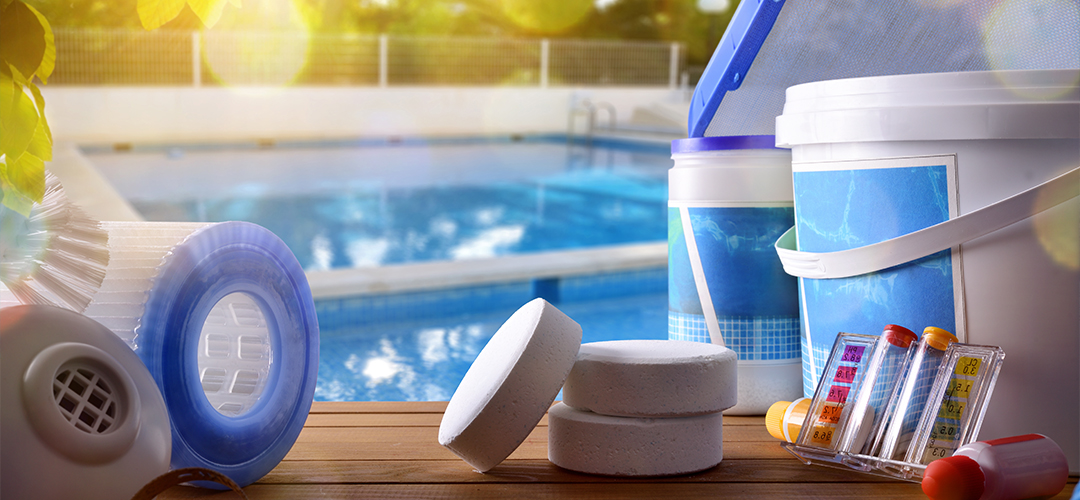
source: pinterest.com
The algaecides are copper-based solutions, and they serve as barriers against algae and mold. They will keep the algae from returning while the clarifier will coagulate the water’s particles. Most clarifiers may work better in the filter, and they are known to trap enzymes, body oils, crab shell extracts, and ammonium chloride, among others.
Keeping the Entire Family Safe
Chemicals are one of the most common ways people keep water safe and healthy. Fortunately, you can do other options to keep your pool clean without minimal maintenance and little usage of chemicals. Here are some tips to help you choose which option is best for you:
-Test your pool water before adding any chemicals. This will ensure that you’re adding the right solution in the first place.
-Know the pH level of your pool water regularly. A high pH level can indicate a problem with your pool equipment, indicating acidity. Alkaline water quality can cause red eyes, while acidity can burn off your skin.
-Add chlorine to remove the chloramines from your pool water every week or two, depending on how often you use it and how dirty it is. Chlorine works by destroying bacteria and other algae in your pool water.
-Check the calcium, magnesium, and iron levels in your pool water regularly. These minerals are essential for keeping the pH level within a desirable range and regulating your swimming pool daily.
If you’re new to the care and maintenance of your amenities or simply want to know more about the chemicals you’re using, the good news is that there are various guides online to help you out. You can also discuss your options with an expert who can clean everything.
The chemicals are important for keeping your swimming area clean and free of algae and other unwanted contaminants. However, not all pool chemicals are created equal, so choosing the right one for your specific needs is essential.

